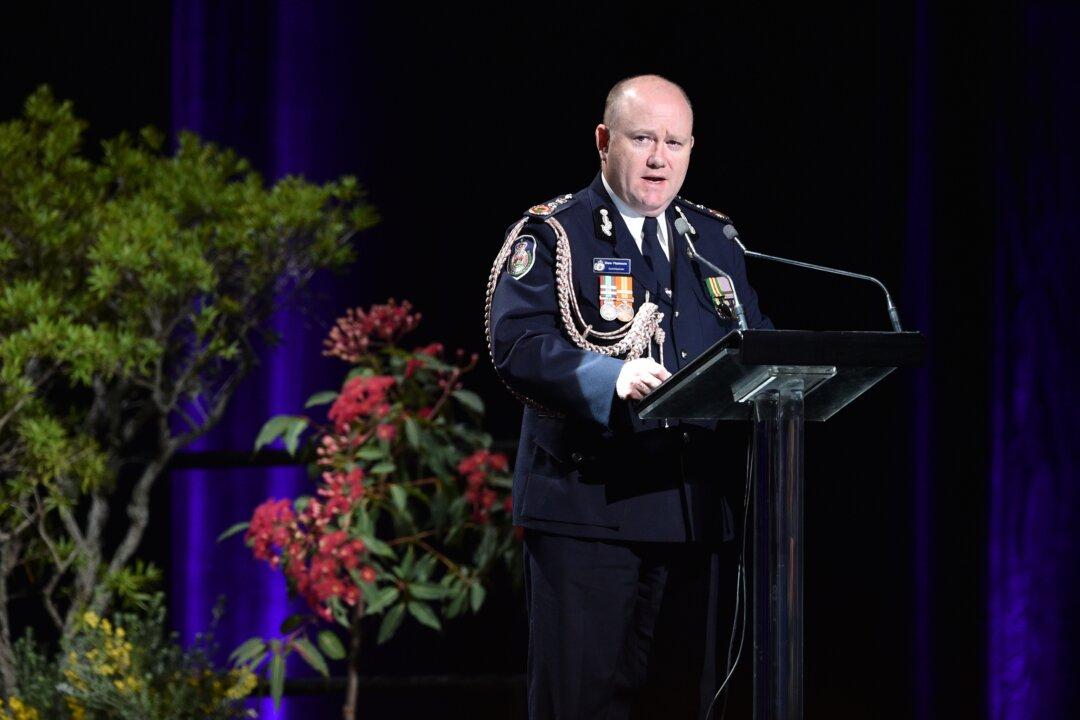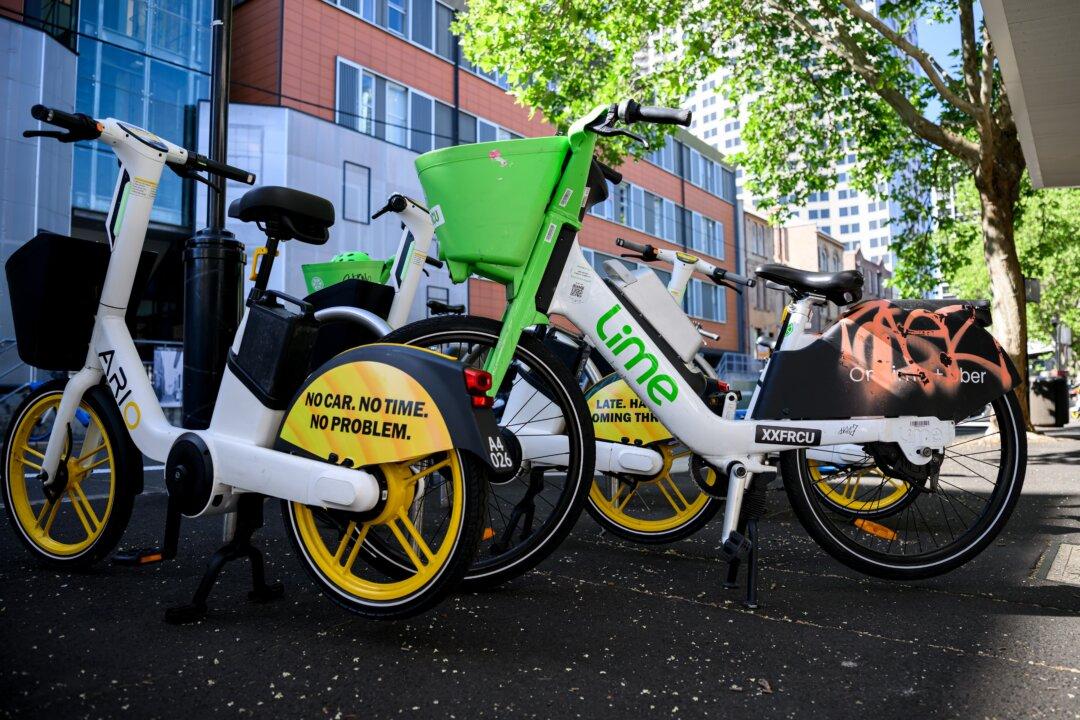No one could have predicted the scale of the bushfires that spread across NSW and exceeded even the worst case scenarios, the man who led the state’s fire response says.
Former NSW Rural Fire Service commissioner Shane Fitzsimmons has described the 2019-20 bushfire season as extraordinary and unprecedented in terms of weather, fire behaviour and the widespread damage, destruction and tragedy.





